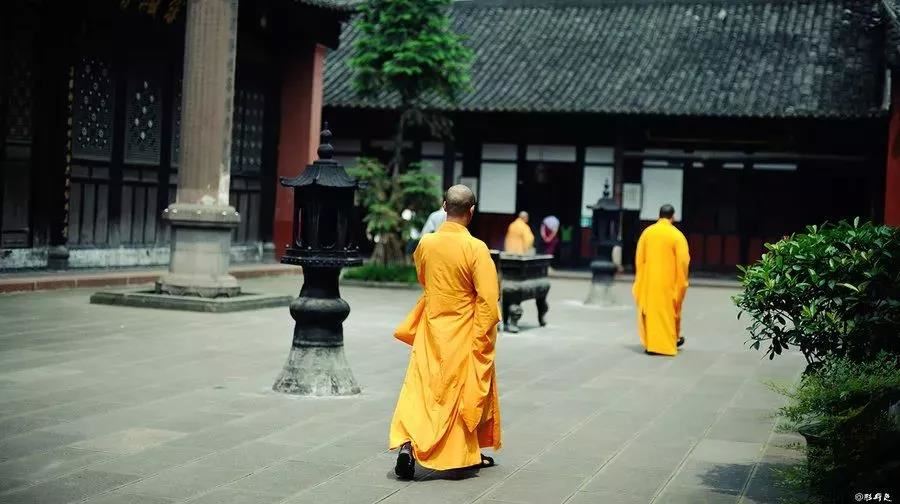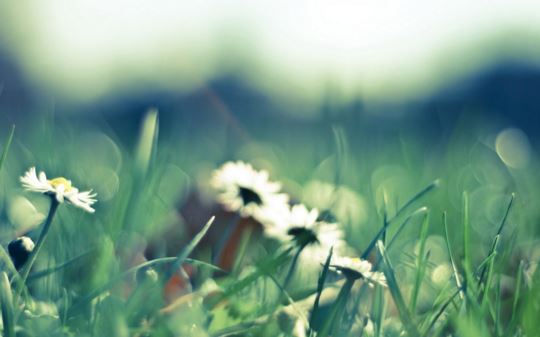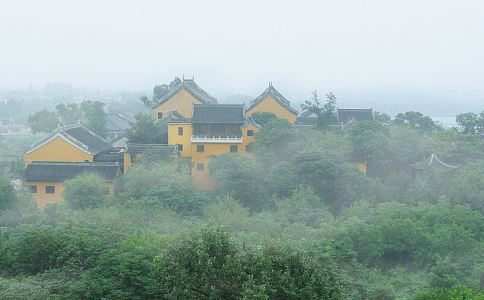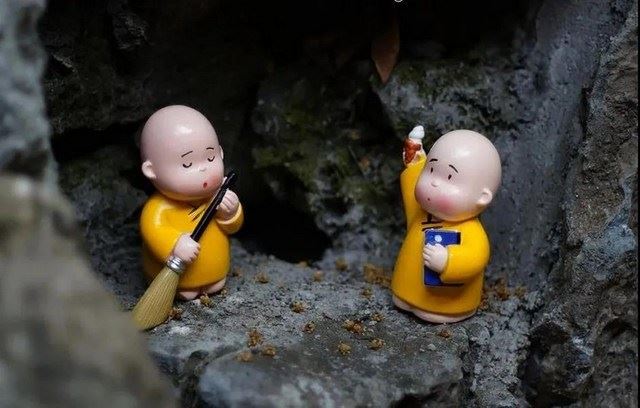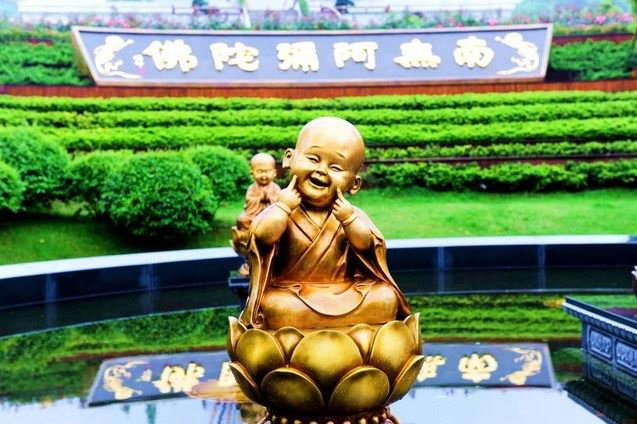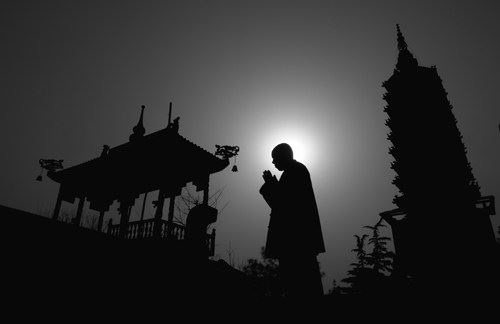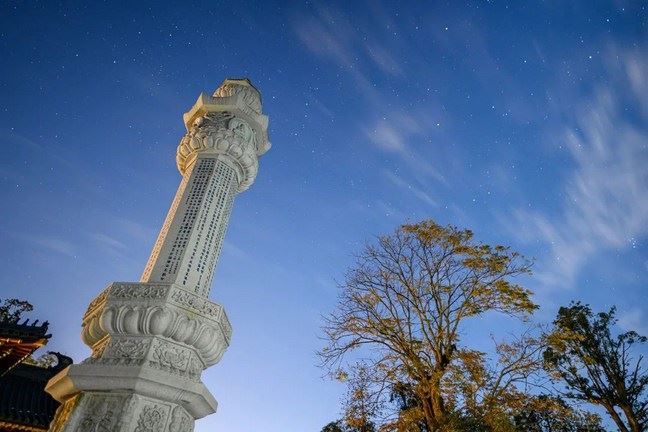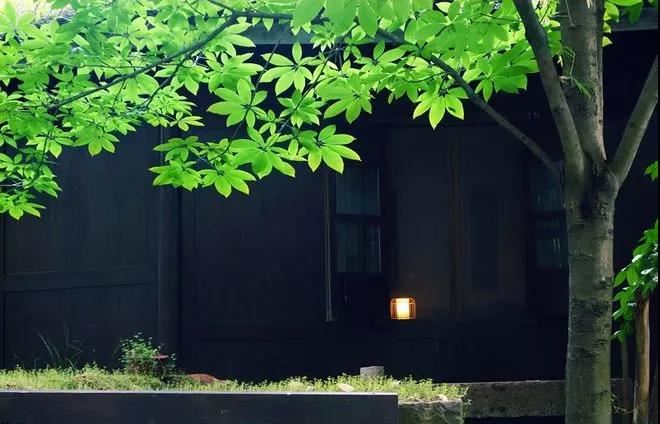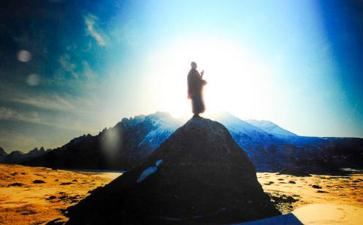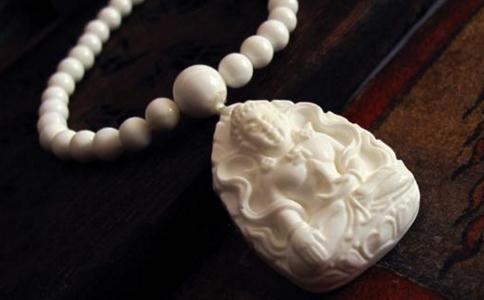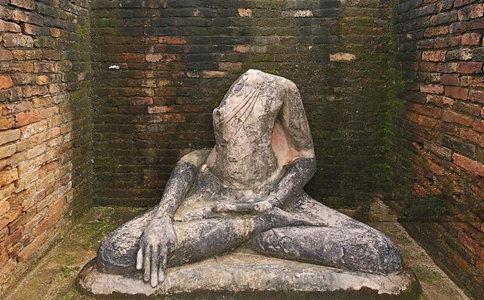What are the criteria for judging good teachers?
2025-01-16 A brief discussion of Consciousness-Only
Next, the Buddha continued to talk about the hope that the Buddhists can tolerate precepts and give, that is, keep precepts and give alms.In the "Uphisattva Precepts", there are quite a lot of space in the previous chapters about giving and keeping precepts.The most important thing is that when we are studying, it is best to understand the entire principle of giving. Giving is not just about giving money, giving Dharma, and giving fearlessness. We should even have to do with the relationship between cause and effect in giving, as well as the concepts of donors and blessing fields involved in giving, as well as the various differences in the objects of giving, including sentient beings and sentient beings in ghost realms. We have some basic understanding, so that we have a basic grasp of the donation taught by the Buddha.In that case, when we are doing charity, although we do not have to hinder who we are giving to at the moment, when we understand all this, isn’t the charity we make more in line with the Buddha’s guidance and the principle of wise charity?
The same is true for the precepts. Precepts are not just the appearance of precepts. In fact, each precept has its meaning and spirit.Therefore, when Buddhists learn the precepts, they should not just recite the precepts. This is why we say that before taking the precepts, especially before taking the bodhisattva precepts, we should find a place of righteous faith. From a good teacher, we should first listen to the content of the entire bodhisattva precepts. After the good teacher explains this precepts clearly to you, after you can master the spirit and meaning of each precept, you can truly master the spirit of the precepts when you keep the precepts, and will not be bound by the precepts and become difficult to move.This is what we say, we must be able to tolerate and tolerate giving.
The subsequent hearing and wisdom, correct views, etc. In addition to saying that we hope that everyone should think and organize what they hear into their own, it also echoes what we said earlier.In other words, we need to know Buddhism, and the wisdom of Buddha is very profound, broad and difficult to measure.So when we are learning the Bodhisattva path, we say that among the six Bodhisattva paramitas, the core of these six paramitas is wisdom, and the other five paramitas are all revolving around this wisdom.So we say that in learning the Dharma, there is a difference between the so-called secondary method and the main method to be learned;Although the second method is not the main method, it is the foundation that assists in the achievement of the main method.Therefore, we say that in the six paramitas of Bodhisattvas, although wisdom is the core of it, the other five paramitas must be done, because if you do not do the other five paramitas, just having wisdom will become wisdom and there is no way to operate.When we learn the wisdom of saving things, I would like to give you a suggestion that the methods taught by the Buddha have many wisdom methods. So if you are listening to this and you are willing to accept it and be able to endure this sentence we just said to you, in the future, if someone tells you that learning Buddhism is just to let go, you may have to develop your own wisdom and make a good judgment.If you remember what we just said to you, you should still remember to say that the wisdom of Buddhism is very, very broad and profound, and it is definitely not to let go of the word.On the contrary, in many cases, when we seek the Dharma and seek the wisdom of the Dharma, we not only cannot let go, but we must work hard to study.
Next, the Buddha continued to talk about the so-called transcendence of the world.Forbearing Buddha, Dharma, and monk。The part of Buddha's patience, we have already mentioned the part of faith in the previous part, and the part of Dharma has also been briefly mentioned;So this part may need to be slightly added to you in terms of monks.What do you think is the monk who is tolerant?Little do people know that when talking about monks, the word monks does not necessarily mean monks.In other words, when we see the word monk, we usually appear, and the picture that appears in our minds is a monk who has been ordained and then dressed in a cassock;But in fact, in the teachings of the Buddha in the scriptures, in addition to ordinary monks, monks also have the so-called ultimate monks.If you have Buddhist scriptures at hand, especially electronic scriptures to check, you might as well use the three words "The Ultimate Monk" and search directly, and you will know that the Buddha has indeed said the so-called "The Ultimate Monk".So what is the ultimate monk?Simply put, it is a person who has mastered the ultimate meaning of Buddhism. This person does not necessarily have the appearance of becoming a monk.Because the criterion for this ultimate monk is to say whether he can master the spirit of the ultimate truth, rather than whether he appears to be a monk.
So if you follow this principle, if you continue to extend this principle, think about the 53 monks in the "Avatamsaka Sutra" and the fifty-three visits of the boys. Among these fifty-three visits, do you ask if there are many monks who have become monks who have entered the monks?Or are there many monks at home?If you calculate carefully, you will find that most of the people visited by the boy Shancai are lay people. It should be said directly that the people visited are the ultimate monks at home;In other words, he did not show his appearance as a monk.So this tells us that if we want to judge whether he is a good teacher or not, we should base ourselves on his mastery of Buddhism, especially his mastery of the first meaning.Then the core of the mastery of the ultimate truth lies in the mastery of Tathagatagarbha;In other words, a person who can know the various functional properties of Tathagatagarbha and leads scholars to find ways to help them find a person who can see the nature of Tathagatagarbha and personally see the nature of their mind through meditation. Even if he does not appear as a monk, he is called a ultimate monk.Because this type of monk does not have a relationship like a monk, you cannot see it on the surface. The Buddha particularly said that he should endure it, and forbear the Buddha and Dharma.It can be seen here that the monk who is a monk who is a monk is not just a monk, because when the Buddha was preaching this sutra, the object was originally a Buddhist disciple.For monks who have become monks, no Buddhist disciple will disrespect monks, unless the monks themselves have surpassed the true nature of their monks and have done some things such as five and seven.In addition, as long as he is a monk, I believe no Buddhist disciple will disrespect him.Therefore, it can be seen that this Bodhisattva Upasakus and others should be able to endure the Buddhist, Dharma and Sangha. The meaning of this is that you cannot directly see it on the surface, but you must judge through your own wisdom through listening to what he said, and then you can tolerate that he does not show the nature of becoming a monk, and then respect him, get close to him, and learn from him.This is the main meaning of the monk in the Buddha’s words about forbearance and Dharma.
Related Readings
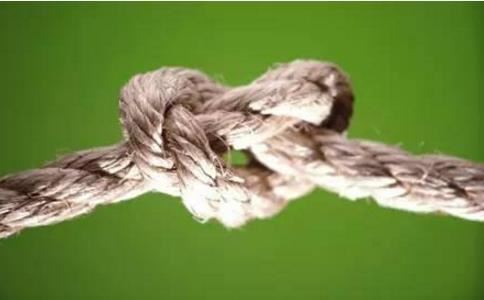 Master Chongci: Why is Buddhism called Buddhism _The standard for becoming a Buddha
Master Chongci: Why is Buddhism called Buddhism _The standard for becoming a Buddha
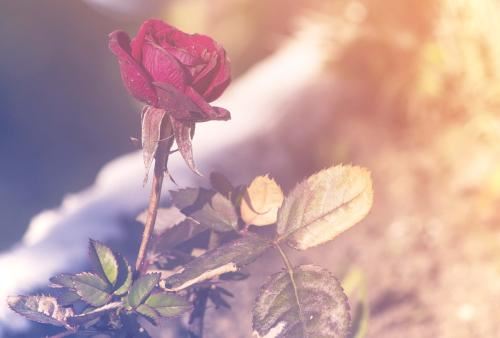 Basic knowledge of agarwood!Answer your questions and answer questions!
Basic knowledge of agarwood!Answer your questions and answer questions!
 Master Shouyu: Where is the Buddha's appearance
Master Shouyu: Where is the Buddha's appearance
 A complete list of knowledge about agarwood system, read it at a glance
A complete list of knowledge about agarwood system, read it at a glance
 Where did agarwood attract you?
Where did agarwood attract you?
 Master Shouyu: Where is the Buddha’s appearance?
Master Shouyu: Where is the Buddha’s appearance?
 Where is the dojo?Buddha is in the heart, and the heart is the place of practice
Where is the dojo?Buddha is in the heart, and the heart is the place of practice
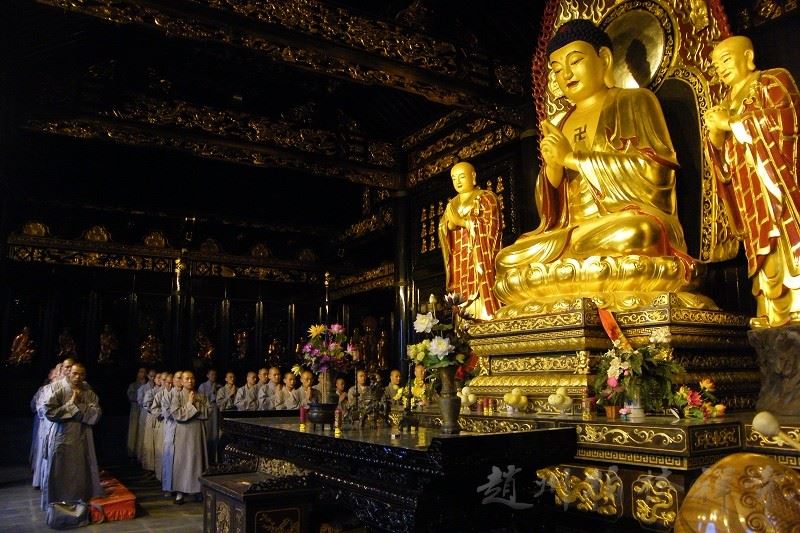 Master Zhihai replied: How does Buddhism judge right and wrong?
Master Zhihai replied: How does Buddhism judge right and wrong?
 Master Zhihai: The conditions that a good teacher must meet
Master Zhihai: The conditions that a good teacher must meet
 Popularization of knowledge about agarwood: Prevent agarwood from becoming lighter
Popularization of knowledge about agarwood: Prevent agarwood from becoming lighter
 Master Puxian: The Four Non-Good Knowledges
Master Puxian: The Four Non-Good Knowledges
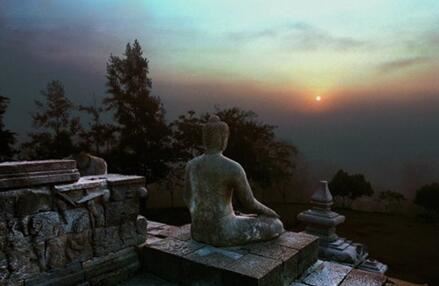 Master Pure Land Dharma: Where does the consequences come from?
Master Pure Land Dharma: Where does the consequences come from?
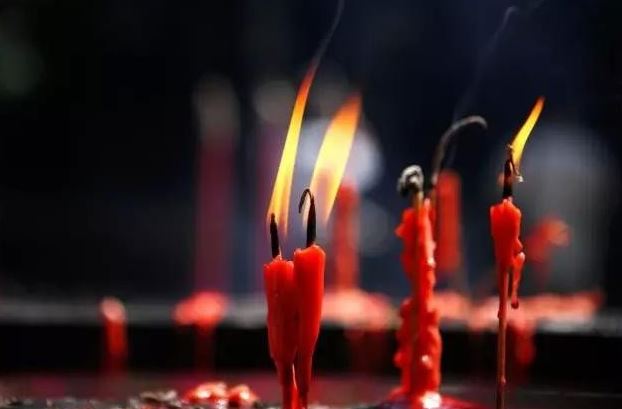 How to judge whether the price of Indian rosewood is reasonable?
How to judge whether the price of Indian rosewood is reasonable?
 There are differences in the value judgment standards of agarwood from ancient times to the present
There are differences in the value judgment standards of agarwood from ancient times to the present
 Master Da'an: Where do people come from
Master Da'an: Where do people come from
 Master Pure Land Dharma: What is the reason why sentient beings were better at saving than us in ancient times?They are calm and composed
Master Pure Land Dharma: What is the reason why sentient beings were better at saving than us in ancient times?They are calm and composed
 Haiyun Jimeng: Where can you fix your eyes when meditating?
Haiyun Jimeng: Where can you fix your eyes when meditating?
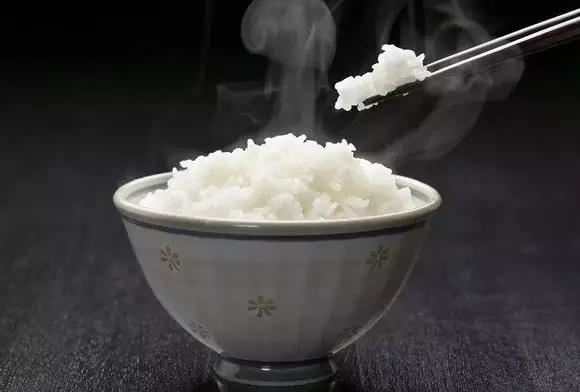 Shisanyue Agarwood: How to judge the value of agarwood wood carvings?
Shisanyue Agarwood: How to judge the value of agarwood wood carvings?
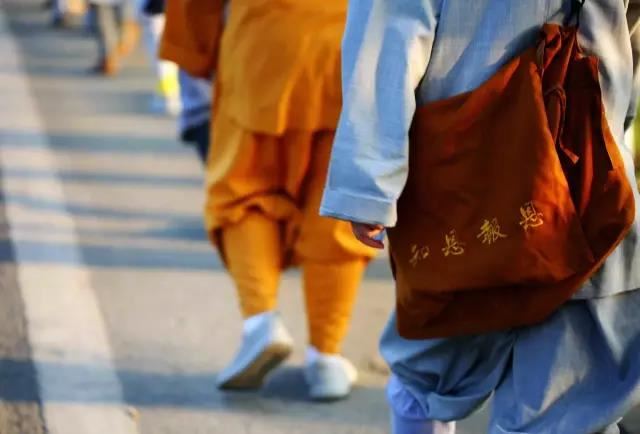 Master Silence: What is "culture" _Do you have knowledge mean you have culture?
Master Silence: What is "culture" _Do you have knowledge mean you have culture?
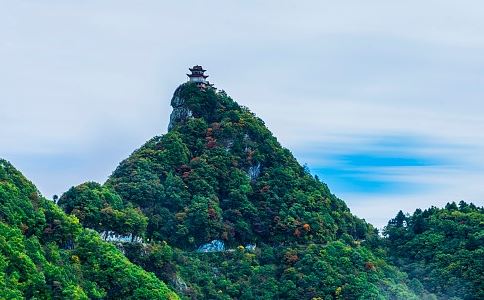 22Complete knowledge about planting Bodhi Sect Buddhist Beads
22Complete knowledge about planting Bodhi Sect Buddhist Beads
 Where to sell it in Shaanxi Xingyue Bodhi Buddhist Beads Wholesale Market
Where to sell it in Shaanxi Xingyue Bodhi Buddhist Beads Wholesale Market
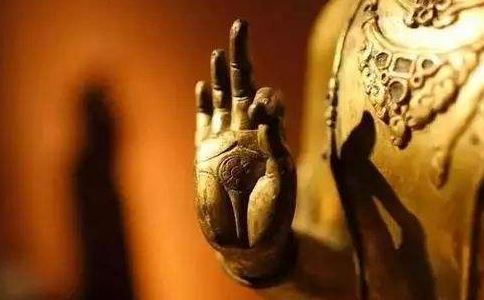 Master Jinghui: How to rely on good teachers
Master Jinghui: How to rely on good teachers
Buddhism talks about understanding the mind and seeing the nature, where is the mind?
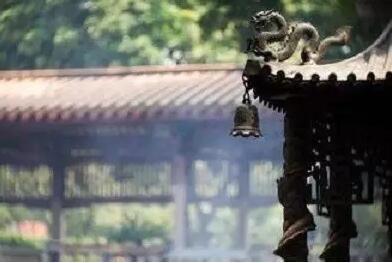 What is the value of Phoenix-eyed Bodhi?
What is the value of Phoenix-eyed Bodhi?
 Master Zhengyan: The judgment of right and wrong between others
Master Zhengyan: The judgment of right and wrong between others
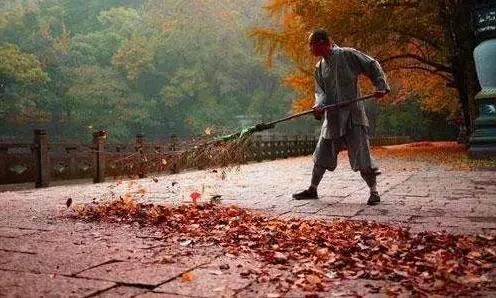 Chen Yongge: Buddhist belief in modern knowledge situation
Chen Yongge: Buddhist belief in modern knowledge situation
 Where does blessing come from? Start by filial piety to parents
Where does blessing come from? Start by filial piety to parents
Use Bodhicitta to judge whether the Tao is merit or possessed by demons
 Standard Pinyin Version of the Great Compassion Mantra (Compiled by Yuanju Chanlian's disciple according to the pronunciation of Master Xuanhua)
Standard Pinyin Version of the Great Compassion Mantra (Compiled by Yuanju Chanlian's disciple according to the pronunciation of Master Xuanhua)
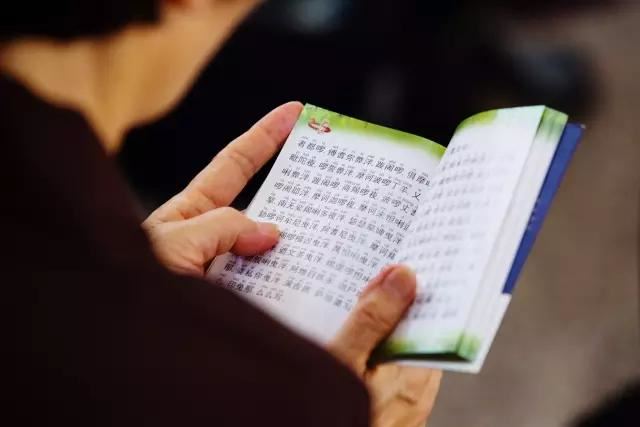 Huang Nianzu: The criteria for choosing a marriage partner
Huang Nianzu: The criteria for choosing a marriage partner
 He Jiyong: The Three Major Dao Extremely Deep Guide Notes·Opening the Wonderful Dao Gate 2. Authentic points 3. Shi Zhengjian (4)The standard for perfect observation
He Jiyong: The Three Major Dao Extremely Deep Guide Notes·Opening the Wonderful Dao Gate 2. Authentic points 3. Shi Zhengjian (4)The standard for perfect observation
 What is better about honey than sugar?
What is better about honey than sugar?
 The Pure Land Dharma: Where do obstacles come from and what do you want to study Buddhism?
The Pure Land Dharma: Where do obstacles come from and what do you want to study Buddhism?
Where to put the money in order to insure?The monk guides the way!
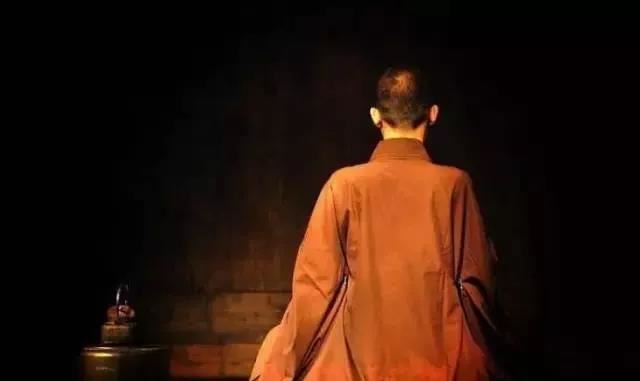 Buddha's envoy: Buddha's envoy answered: Where can I find Buddha?
Buddha's envoy: Buddha's envoy answered: Where can I find Buddha?
 The Buddha’s envoy’s envoy’s envoy’s answer: What is the greatest merit?
The Buddha’s envoy’s envoy’s envoy’s answer: What is the greatest merit?
 The Pure Land Dharma: What is the best thing about chanting Buddha’s name in the three stages?
The Pure Land Dharma: What is the best thing about chanting Buddha’s name in the three stages?
 The Pure Land Dharma: Where do you start with the Ten Virtues?Oral karma begins
The Pure Land Dharma: Where do you start with the Ten Virtues?Oral karma begins
 Judging others by appearance is harmful or not
Judging others by appearance is harmful or not
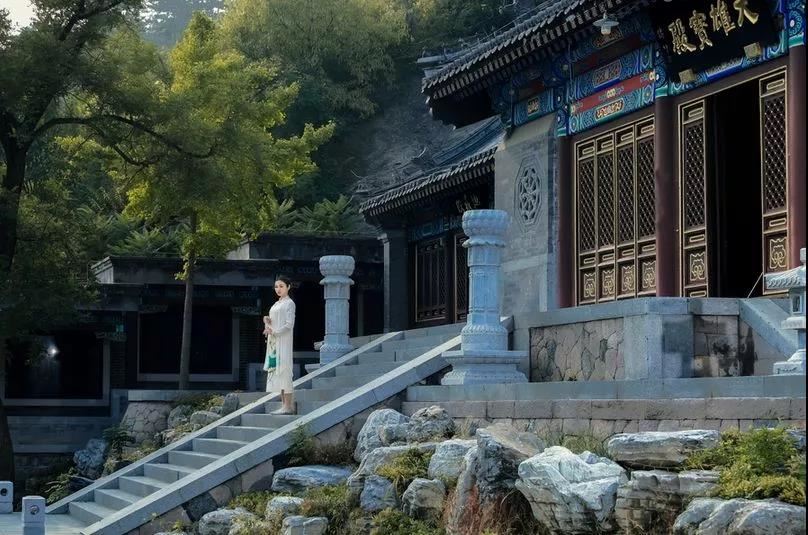 Master Rihui: Basic Knowledge of Buddhism Chapter 5 Observation of Life and Death Talks about Nirvana Chapter 1 Interpretation of the Remaining of the Branches
Master Rihui: Basic Knowledge of Buddhism Chapter 5 Observation of Life and Death Talks about Nirvana Chapter 1 Interpretation of the Remaining of the Branches
 Master Rihui: Basic Knowledge of Buddhism Chapter 5 Observation of Life and Death Talks about Nirvana Chapter 3 The Way of Direct Interests and Resistance - Thirty-Seven Bodhi Partitions
Master Rihui: Basic Knowledge of Buddhism Chapter 5 Observation of Life and Death Talks about Nirvana Chapter 3 The Way of Direct Interests and Resistance - Thirty-Seven Bodhi Partitions
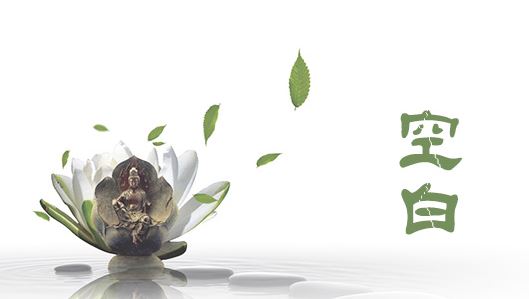 The Pure Land Dharma: Where does wealth and honor come from in the world?
The Pure Land Dharma: Where does wealth and honor come from in the world?
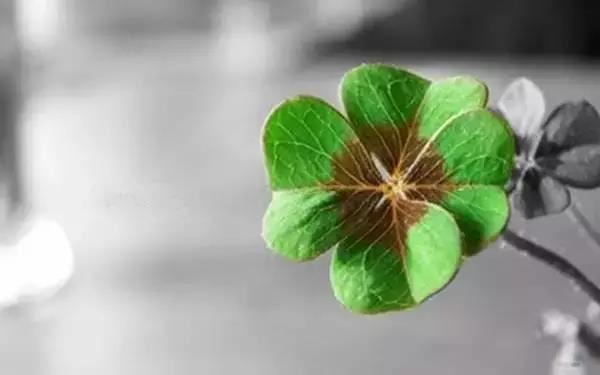 Think about where you will go after you die
Think about where you will go after you die
 The Pure Land Dharma: The population in this world is getting more and more popular. Where did it come from?
The Pure Land Dharma: The population in this world is getting more and more popular. Where did it come from?
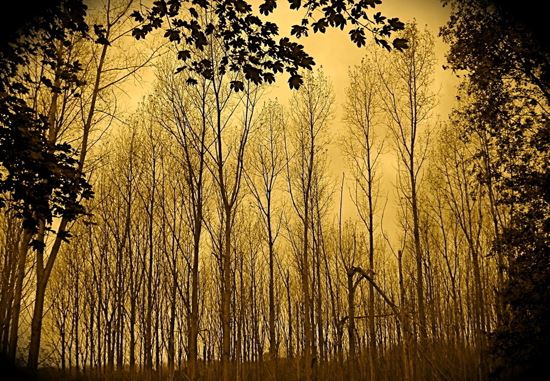 Pure Land Dharma: Where is the teacher?Classic is teacher
Pure Land Dharma: Where is the teacher?Classic is teacher
 The Pure Land Dharma: Every thought is Amitabha Buddha, where is the result?
The Pure Land Dharma: Every thought is Amitabha Buddha, where is the result?
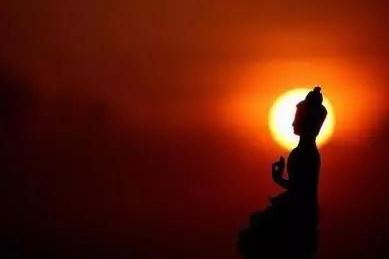 Pure Land Dharma: It’s pitiful to see these people.Where is the pity?
Pure Land Dharma: It’s pitiful to see these people.Where is the pity?
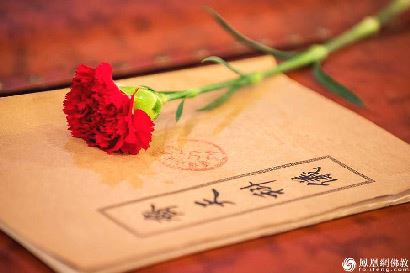 Master Xingyun: Where does morality and blessings come from?
Master Xingyun: Where does morality and blessings come from?
 Master Daojian: Visiting good teachers when he became a monk and practiced his studies
Master Daojian: Visiting good teachers when he became a monk and practiced his studies
Do you meet the concise standards for learning Buddhism?
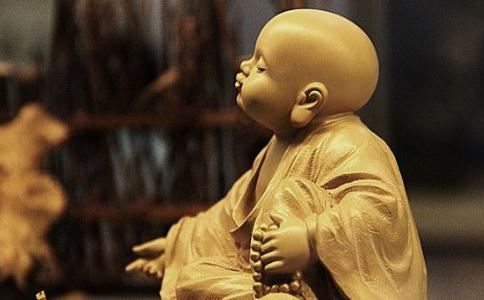 Master Dongchu: Reforming national psychology as the standard for saving the country
Master Dongchu: Reforming national psychology as the standard for saving the country
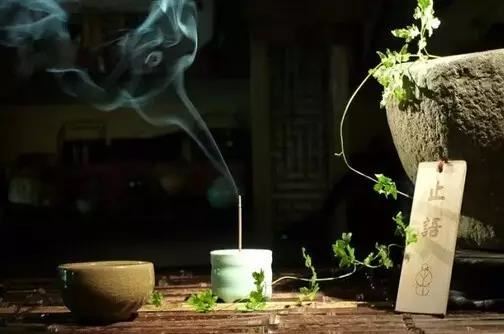 Master Shandao: The standard for judging which path you come from
Master Shandao: The standard for judging which path you come from
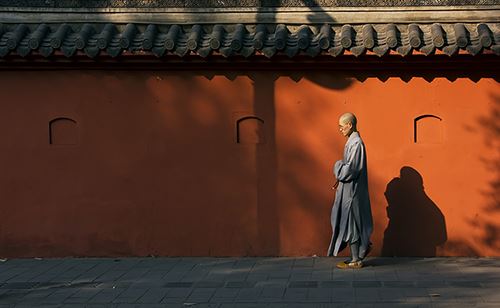 Master Jing: Wherever your heart is, your life is
Master Jing: Wherever your heart is, your life is
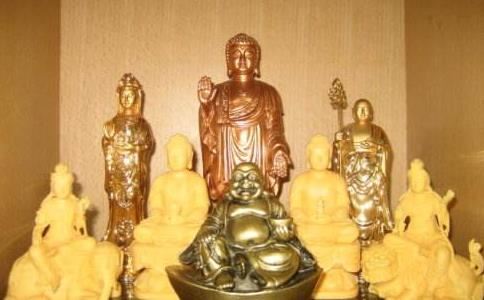 Why is it said that knowledge may not be power?
Why is it said that knowledge may not be power?
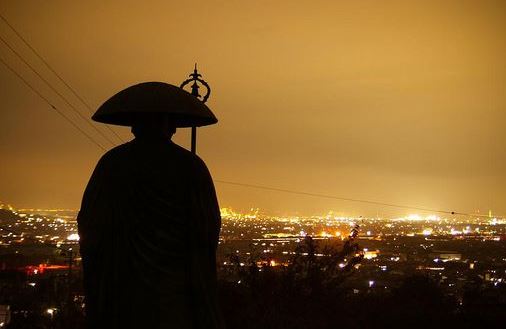 “When a person dies, where does the soul go?”, Who is embarrassing?
“When a person dies, where does the soul go?”, Who is embarrassing?
 Happiness can be simple, but where is the true happiness?
Happiness can be simple, but where is the true happiness?
 Release of animals: Basic knowledge of releasing animals
Release of animals: Basic knowledge of releasing animals
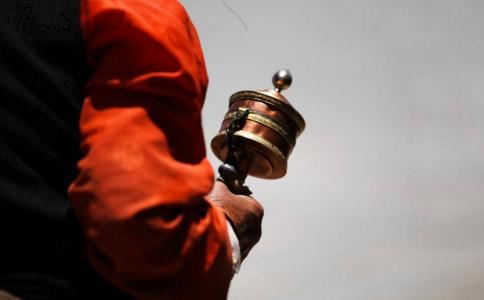 Release ritual: Basic knowledge of releasing animals
Release ritual: Basic knowledge of releasing animals
 Buddhist story: Zen case: Where are you going?
Buddhist story: Zen case: Where are you going?
Where has our blessings gone in the long-term life and death?
 Where do the eight sufferings of life come from?Where is it?A Buddhist beginner's hard exploration
Where do the eight sufferings of life come from?Where is it?A Buddhist beginner's hard exploration
 Buddhist story: Zen case: Where are the "original parents"?
Buddhist story: Zen case: Where are the "original parents"?
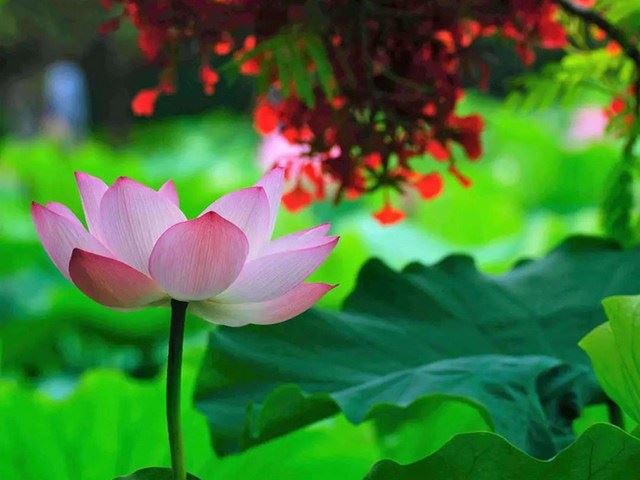 How to judge whether the heart is strong in good karma or sinful karma
How to judge whether the heart is strong in good karma or sinful karma
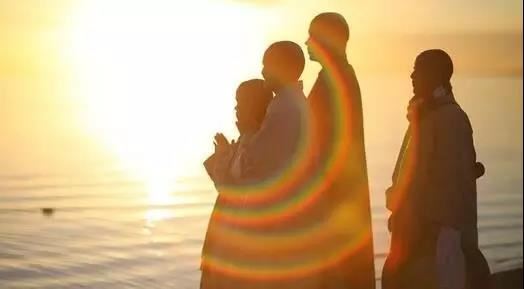 Don't rush to make a judgment on someone. Short-term relationships will not let you understand someone.
Don't rush to make a judgment on someone. Short-term relationships will not let you understand someone.
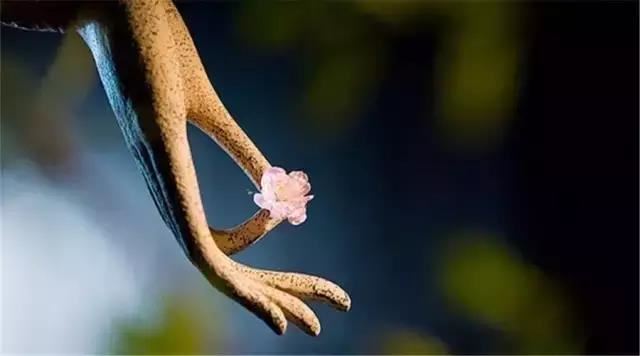 Episode 020 Why do you need to get close to good teachers when studying Buddhism?
Episode 020 Why do you need to get close to good teachers when studying Buddhism?
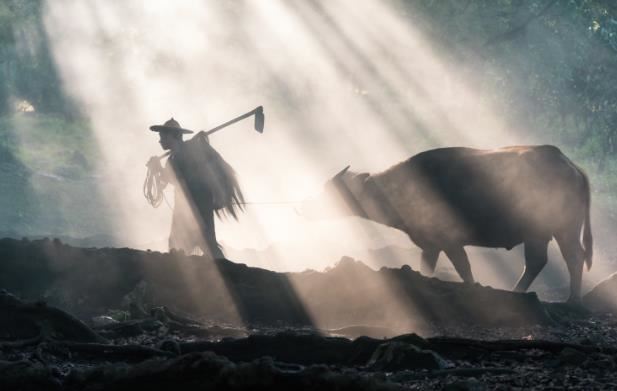 How did karma come about?Where to go after the construction
How did karma come about?Where to go after the construction
 Buddhist Stories: The Standard of Success
Buddhist Stories: The Standard of Success
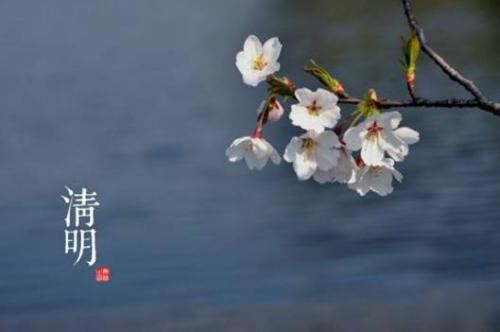 Episode 005 The standard of good and evil?Good causes lead to evil consequences?
Episode 005 The standard of good and evil?Good causes lead to evil consequences?
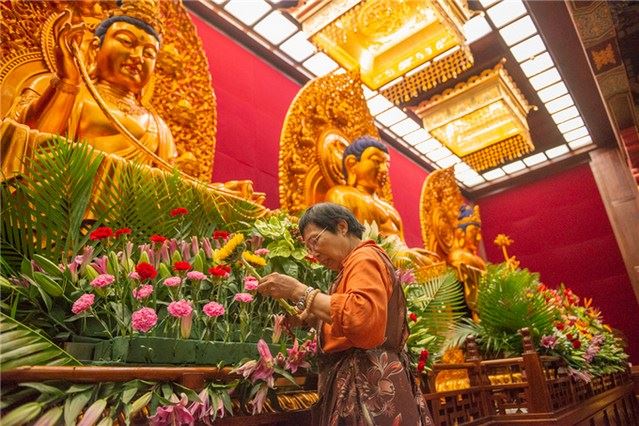 How to determine whether you have a pure land
How to determine whether you have a pure land
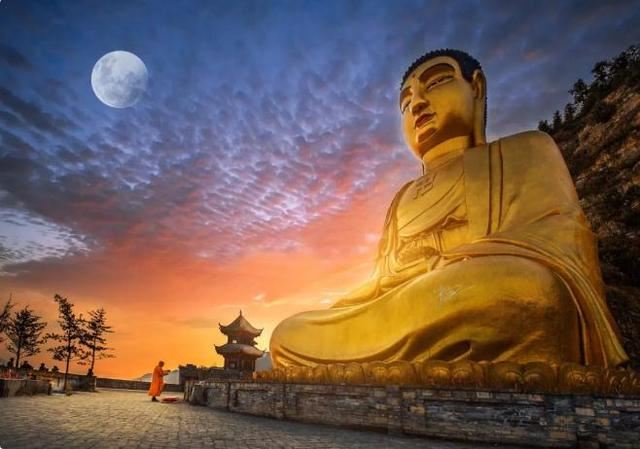 Two indicators for judging the filthy land of Pure Land
Two indicators for judging the filthy land of Pure Land
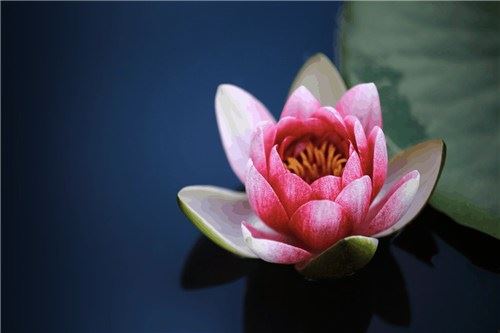 How to judge whether it is a Buddha or a demon when you appear in the form of Buddha or a devil
How to judge whether it is a Buddha or a demon when you appear in the form of Buddha or a devil
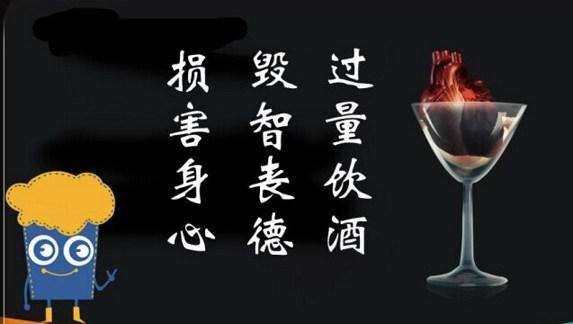 Master Jing Jing: What is better about eating vegetarian food than eating meat?
Master Jing Jing: What is better about eating vegetarian food than eating meat?
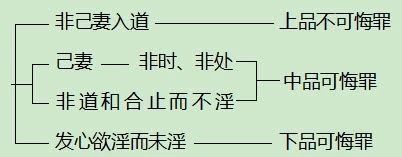 How to judge the severity of the precept of committing adultery
How to judge the severity of the precept of committing adultery
 Is the only criterion for judging whether sentient beings are reborn? Is the only criterion for judging the heat on the head?
Is the only criterion for judging whether sentient beings are reborn? Is the only criterion for judging the heat on the head?
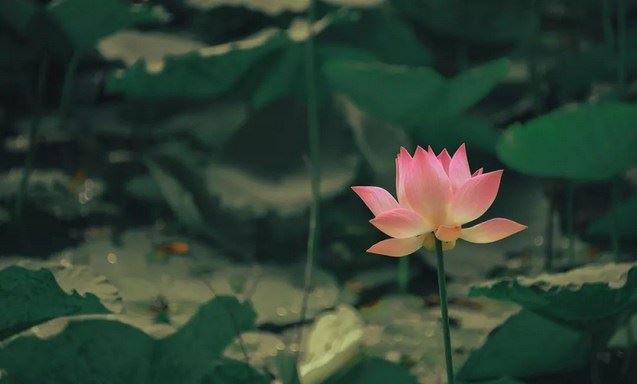 How to judge whether to pass away after a sudden illness
How to judge whether to pass away after a sudden illness
 Buddhist story: Zen case: Where is Zen?
Buddhist story: Zen case: Where is Zen?
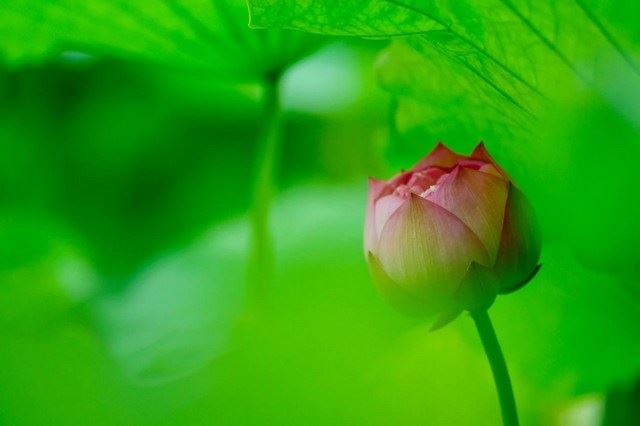 The concise standard for learning Buddhism
The concise standard for learning Buddhism
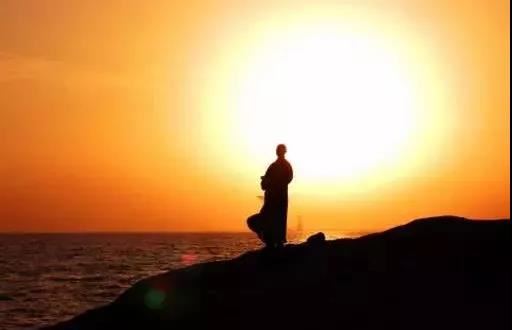 Episode 028 How to choose a good teacher?Teacher Gao Zhengling
Episode 028 How to choose a good teacher?Teacher Gao Zhengling
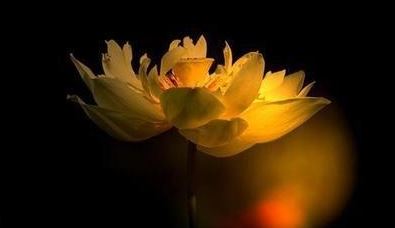 Episode 027: When practicing Buddhism, you should follow the true and good knowledge. What is the true and good knowledge?What is evil knowledge? (Down )
Episode 027: When practicing Buddhism, you should follow the true and good knowledge. What is the true and good knowledge?What is evil knowledge? (Down )
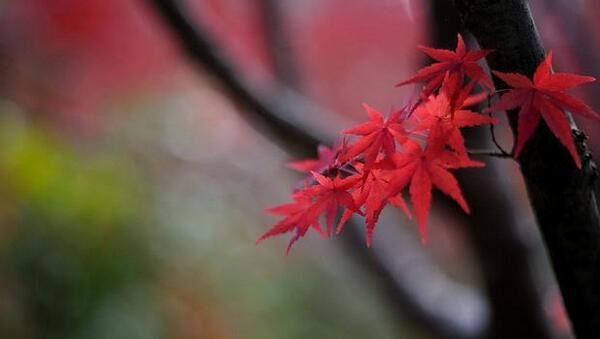 Episode 026: When practicing Buddhism, you should follow the true and good knowledge. What is the true and good knowledge?What is evil knowledge? (superior )
Episode 026: When practicing Buddhism, you should follow the true and good knowledge. What is the true and good knowledge?What is evil knowledge? (superior )
 Even if you meet a good teacher, you don’t know him or her, and you miss him or her face
Even if you meet a good teacher, you don’t know him or her, and you miss him or her face
〈Complete Collection of Buddhist Mantra Knowledge> Respectfully invite good believers from all directions to give and spread the Dharma, and they will have immeasurable merits!
【Buddhist knowledge] There are always one sentence that can save you from a hundred famous Buddhist quotes!
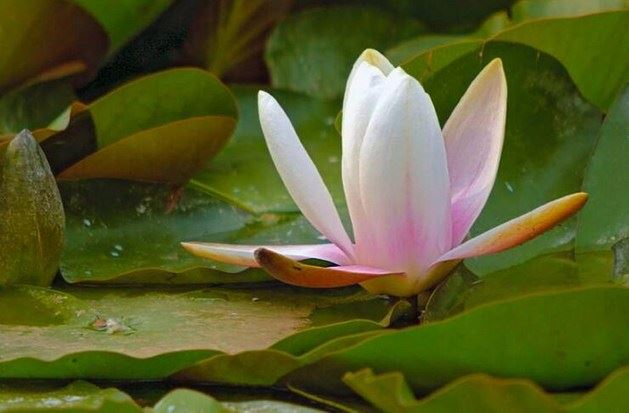 How to judge whether you can be reborn
How to judge whether you can be reborn
 “What is the misunderstanding between grinding bricks into mirrors and meditating to become a Buddha?—Reading the story of Master Huairang and Mazu Dao
“What is the misunderstanding between grinding bricks into mirrors and meditating to become a Buddha?—Reading the story of Master Huairang and Mazu Dao
 What's the problem in your heart
What's the problem in your heart
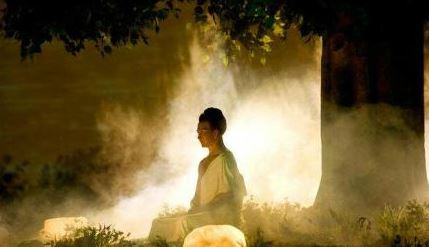 Episode 130: Desire for two masters, and seek truth and good knowledge (two )
Episode 130: Desire for two masters, and seek truth and good knowledge (two )
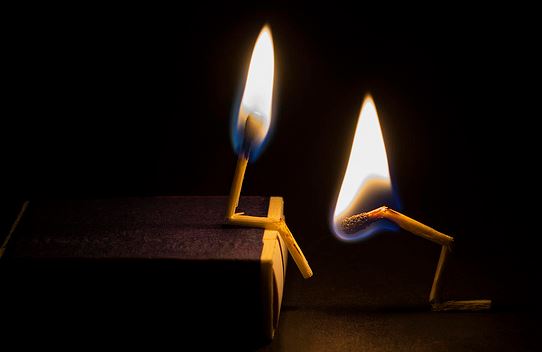 Episode 129: Want to seek the two masters, and seek the truth and good knowledge (one )
Episode 129: Want to seek the two masters, and seek the truth and good knowledge (one )
 Why not judge a person's level of practice based on blessings
Why not judge a person's level of practice based on blessings
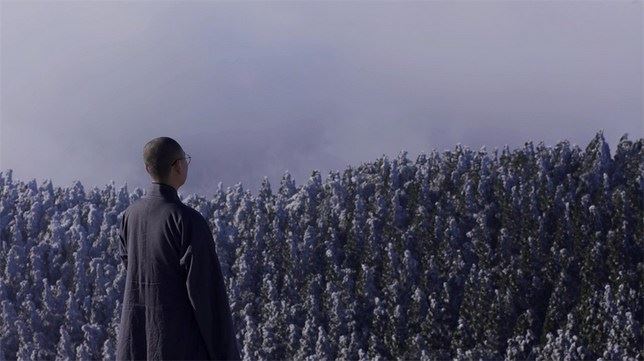 Where does the inequality of the world come from
Where does the inequality of the world come from
Complete collection of Buddhist scriptures
Share on WeChat
Scan the QR code to share on WeChat or Moments


